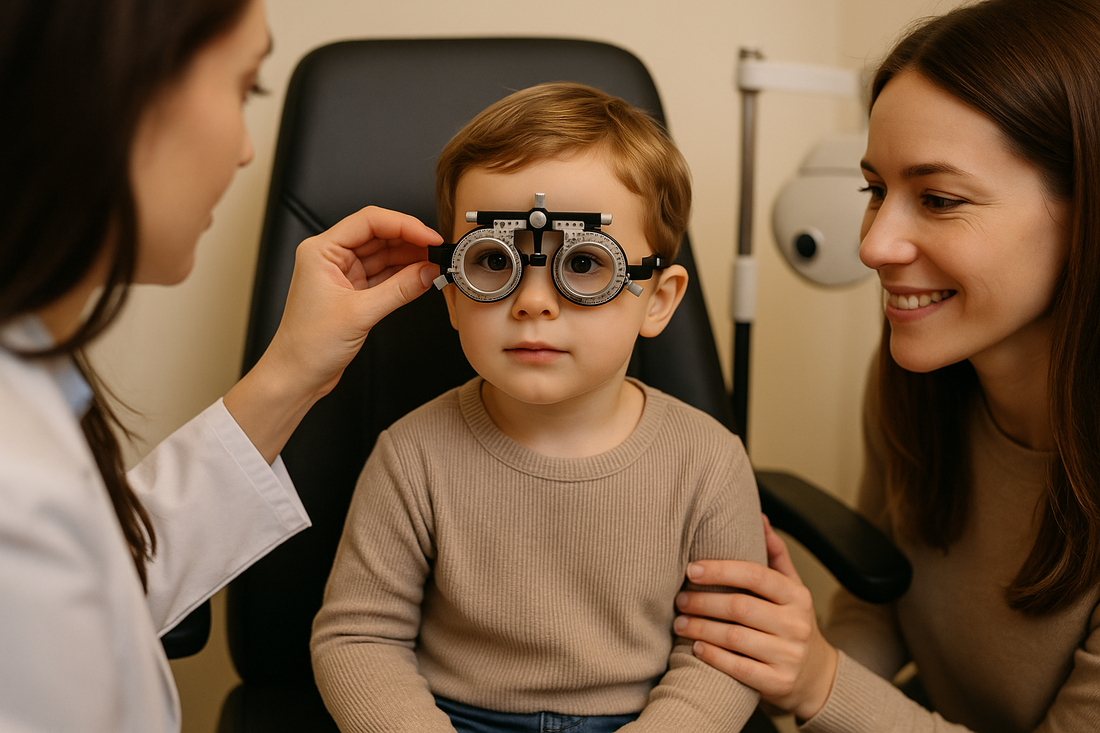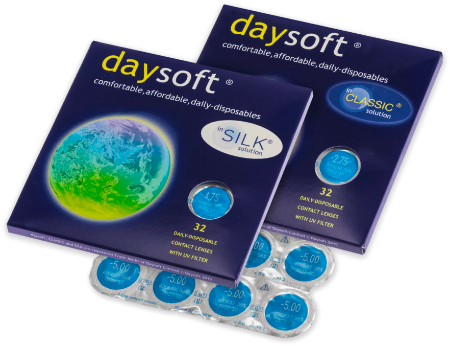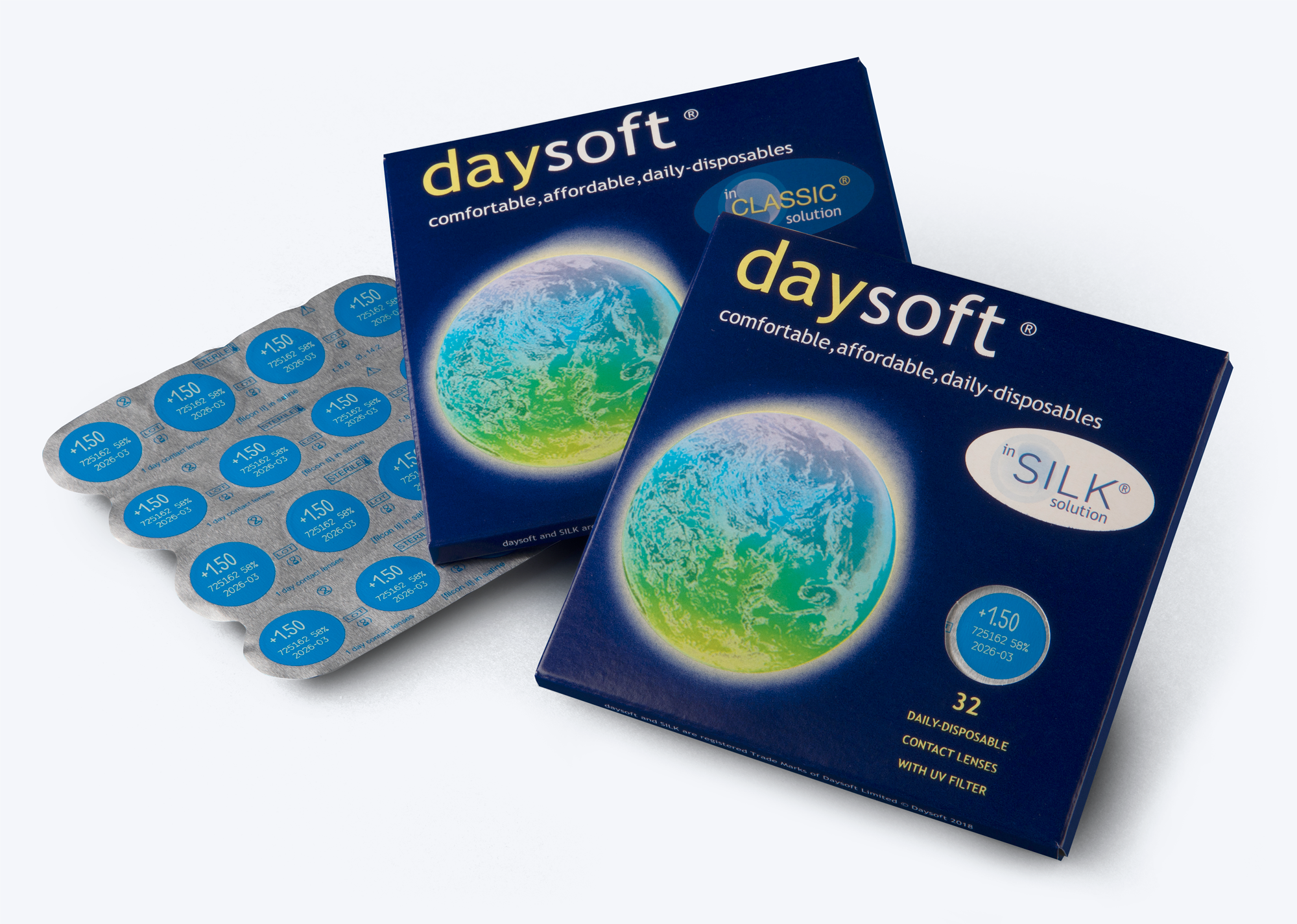From babyhood to the teenage years, children grow and change at lightning speed – and their vision develops right alongside them. Clear sight is crucial for learning, play, coordination and overall wellbeing, yet eye health often slips under the radar. While most parents are diligent about dentist check-ups or buying new shoes as little feet grow, eye tests are easier to overlook.
With school vision screening patchy across the UK, this can leave gaps in care. In fact, over half of British children (54%) have not had their vision checked since the pandemic, YouGov and international eye care charity Orbis research shows.
This guide walks you through when, why and how to book eye tests for your child, giving you the peace of mind that their vision is cared for at every stage.
Why eye tests for children matter
Routine checks are much more than a formality. While serious conditions are rare, early detection makes all the difference, ensuring treatment or support begins swiftly. In fact, an eye exam can reveal far more than vision problems alone – from early signs of diabetes to serious conditions such as brain tumours.
According to the Association of Optometrists (AOP), there are an estimated one million children with undiagnosed vision problems that could easily be corrected.
One of the biggest challenges with children’s eye health is that many kids don’t realise anything is wrong. They have no point of comparison, so they assume everyone else sees the world the same way they do.
This can lead to misunderstandings. A child who struggles to see the board, for example, may appear disengaged, disruptive or even “copying” from a neighbour’s work, when, in fact, they simply can’t see clearly.
Without timely testing, problems can quietly affect a child’s education, confidence and quality of life. Since children often don’t articulate their symptoms, parents and teachers should watch for signs such as:
-
Squinting at books, screens, or the board
-
Frequent eye rubbing or red eyes
-
Headaches, especially in the afternoon
-
Unusual blinking or looking away from a screen with exaggerated blinks
-
Difficulty with hand-eye coordination or bumping into things.
Common issues like short-sightedness can make reading the board a struggle, long-sightedness can make handwriting and reading uncomfortable and a “lazy eye” may affect coordination. The good news is that many of these conditions can be corrected easily with glasses or other treatments.
When should children have eye tests?
As well as the routine NHS eye tests from birth, ideally, routine screenings should start at around three years old – but it’s never too soon to protect your child’s sight. Experts recommend testing before your child starts school, again around ages 7-8, and once more as they enter secondary school.
Within 72 hours of birth
A newborn eye test for babies includes a basic eye check for obvious issues.
At 6-8 weeks
A follow-up ensures any early issues not spotted at birth can be caught.
Around age 1-2½
Developmental health reviews may include vision questions – and babies can be referred for testing if needed.
At around 4-5 years
Vision screening often happens at school, checking for reduced vision in one or both eyes.
If your area doesn’t offer school screening, a visit to the optician is a great alternative.
All school ages
NHS free eye tests available every two years (or sooner if advised). Learn more about ways to correct vision in When Should Kids Start Wearing Contact Lenses?
What do eye tests examine?
When your child has an eye test, expect these key checks:
-
Visual acuity (using age-appropriate charts or engaging symbols)
-
Eye alignment and movement, tracking across eight directions
-
Depth perception tests for older children
-
Screening for conditions like amblyopia (lazy eye), strabismus (squint) or refractive errors.
Accessing care: age of free eye test for children
Are eye tests free for children? Yes, under NHS rules, all children under the age of 16 are entitled to free NHS eye tests. Young people aged 16 to 18 who are still in full-time education are also covered. This means that, yes, a child’s eye test is completely free, and in many cases they may also qualify for NHS optical vouchers to help with the cost of glasses or contact lenses.
Preparing for an eye test: what to expect
If you’re feeling nervous about taking your little one for an eye test, rest assured: the whole experience is designed to be gentle, child-friendly and reassuring.
For younger children who can’t yet read, optometrists often turn the tests into games, using symbols, pictures or objects to make it feel more like play than a medical exam. Simple checks –
– like shining a light to see how the pupils respond or looking at the red reflex – are completely pain-free. And the appointment itself usually takes no more than 30 minutes. Parents are always welcome to stay with their child throughout, helping to make the experience feel safe and relaxed.
Regular eye tests aren’t just about checking vision in the moment – they’re an important way to monitor how a child’s eyes develop as they grow. Clear vision supports learning, confidence and social development, and ongoing visits also help children get used to the process.
The more often an optometrist sees your child, the more familiar they become with what’s normal for them, meaning they can spot issues such as myopia (short-sightedness) at the earliest stage, when treatment is most effective.
Seeing clearly into the future
Early eye care is about more than sharp vision – it supports learning, coordination and confidence. Every child deserves the clearest possible view of the world, and regular check-ups ensure you’re giving them exactly that. When your child is ready, daysoft is here to help you choose the right eye-care path for them.



